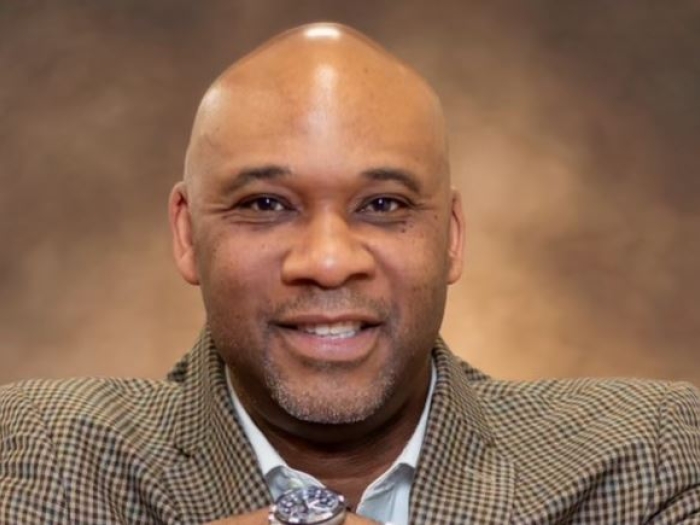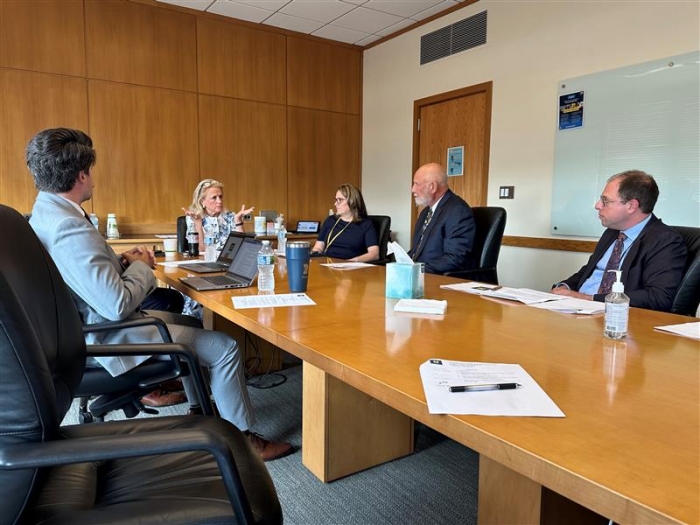Center for Bioethics and Social Sciences in Medicine
CBSSM
The Center for Bioethics and Social Sciences in Medicine (CBSSM) was formed in 2010 through a merger of a pre-existing bioethics Program and a decision sciences Center at the University of Michigan Medical School. Since then, we have developed a shared vision that has unified faculty and staff who had previously functioned in separate silos (ethics service, ethics scholarship, and decision sciences) and implemented a variety of programs that benefit our members and the patients, trainees, researchers, and faculty of Michigan Medicine. CBSSM is led by interim Co-Directors Dr. Brian Zikmund-Fisher and Prof. Kayte Spector-Bagdady.
The Center for Bioethics and Social Sciences in Medicine (CBSSM) 2024 Research Colloquium will occur on Thursday, May 23, 2024 (1 p.m. to 5:00 p.m.). The event will be held at Palmer Commons, Forum Hall (100 Washtenaw Ave, Ste 2017, Ann Arbor, MI). Registration is required; live streaming will be available.

2024 Bishop Lecture in Bioethics "Reflections from an Imperfect Art: Jazz, Health Justice, and the Moral Practice of Medicine"


Research News
Michigan Congressional Delegation Takes Bipartisan Action to Address Nationwide Chemotherapy Medication Shortages